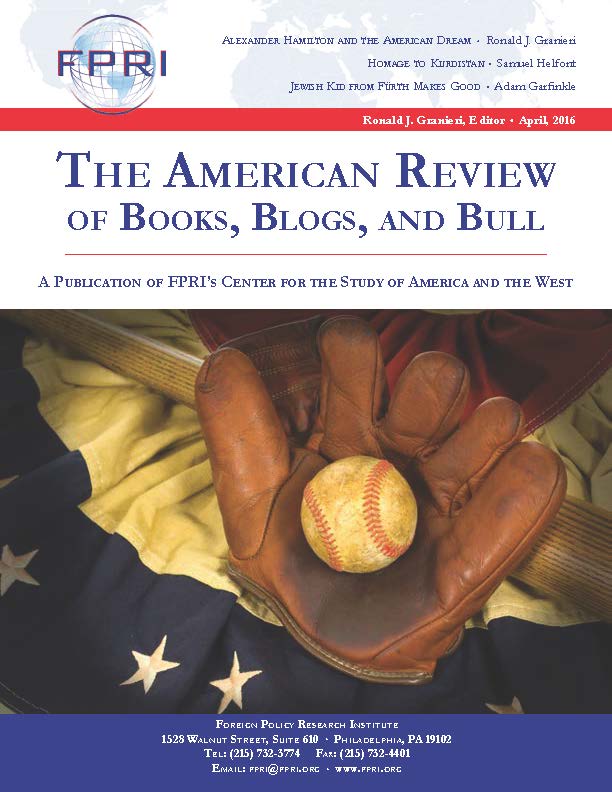A nation must think before it acts.
Some of us were Hamiltonians before it was cool.
When Your Humble Editor was in college, in the latter decades of the previous century, I told a journalist asking me to name my historical heroes that the first Secretary of the Treasury was at the top if the list. “Alexander Hamilton,” I declared, “was the scholarship student of the American Revolution.” As a scholarship student from the provinces myself, the idea that someone could rise from backwoods obscurity to national prominence based only on his intelligence and his ability to impress people in positions to help him was about as powerful an expression of the American Dream that I could imagine.
My opinion was the sort of thing a particular kind of self-consciously intellectual undergraduate might say, idiosyncratic and rather out of touch with current popular sentiment. The recent success of Lin-Manuel Miranda’s smash hit musical Hamilton has, however, led to a Hamilton renaissance, and given me the rather unfamiliar feeling of being cool. One can hope that the popularity of the hip-hop version will inspire further interested in the fascinating life and times of the man John Adams denounced as the “bastard Brat of a Scotch pedlar!” In that spirit, this month’s American Review includes my reflections on Hamilton’s legacy and his meaning for our time.
Hamilton is famous for his contribution to the Constitution and building the United States. Nation building is a challenge, combining both the search for a common identity and also the creation of practical constitutional structures within which the nation can thrive. FPRI Fox Fellow Sam Helfont’s essay in this month’s issue offers us an insight into how difficult that process can be by taking a closer look at the efforts of the Kurdish nation to build a state. Spread out across Turkey, Iraq, and Iran, the Kurds are one of the largest and most clearly defined national groups in the world not to have a state of their own, and have suffered much under regimes that have tried to undermine their national identity. Helfont has recently returned from a conference in Iraqi Kurdistan, and his essay is essential reading for anyone who wants to understand the promise and the peril in the Kurdish future.
Speaking of identities, this issue also includes Adam Garfinkle’s unconventional review of Niall Ferguson’s new blockbuster biography of Henry Kissinger. That book and its still-controversial protagonist have already been the subject of multiple reviews, but Garfinkle takes a different approach from what has gone before, considering how Kissinger’s Jewish identity (or, more precisely, his gradual abandonment of it) may have shaped his outlook on history and politics. It’s an inventive look at a current intellectual controversy, and offers a fresh perspective on the connection between culture and policy—just the sort of thing we aspire to offer here at The American Review.
With this, our third issue of 2016, The American Review is gradually attempting to build its identity as well. Let us know how you think things have gone thus far. We thank those of you who have contacted us already. You’ll be hearing from us, and we look forward to hearing from more of you in the future.
Onward!
RJG
rgranieri@fpri.org
@RonaldGranieri





